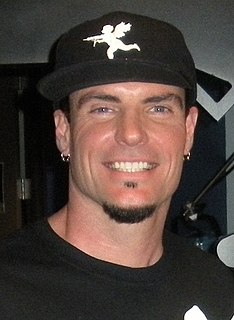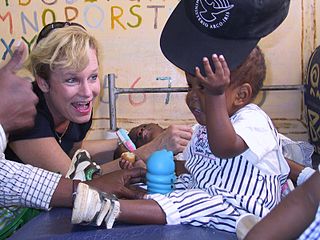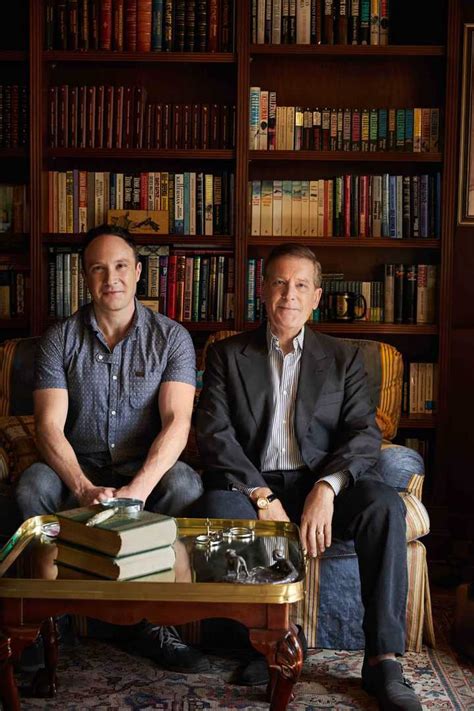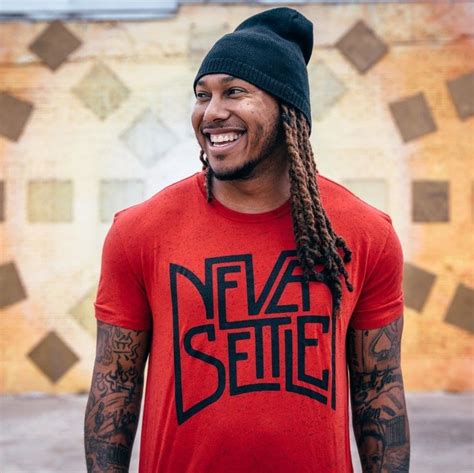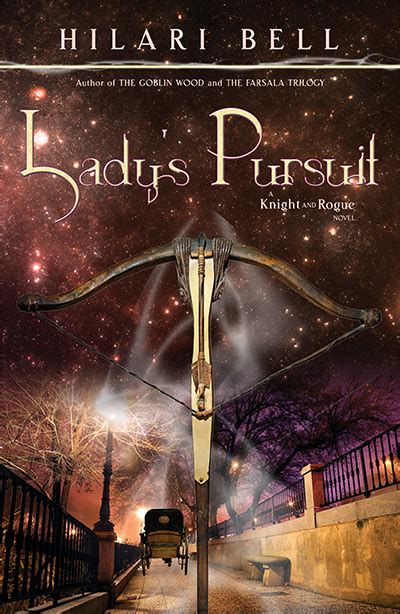A Quote by Rachel Simmons
No matter how much you urge them to relax and how much you mean it, your child probably grapples with highly stressful environments away from home, whether it's where they go to school, the teams they play on, or the peers in their social circle. Most teenagers I know long for empathy from their parents about their struggle.
Related Quotes
The most valuable lesson I've ever learned in my life is that life is about family and friends, not about material things or any of that. It's about enjoying your life. If you have no family, no friends to enjoy it with, it don't matter how much you have, how much success you have, how much fame you have, how much money you have, it doesn't matter.
God wants your ministry to flow from the realization that you are a beloved child of God. In that place you don’t worry too much about how people see you. You don’t worry too much about whether they’re nice or mean. You don’t even worry about whether they love you or hate you. You don’t worry because you’re simply going to love them and love Him. This comes from knowing who He is and what He thinks of you. This is what it means to grasp you are a child of God.
I haven't figured out how to do anything yet besides recording music - I don't even entirely know how to do that. My favorite phrase is "It takes a lot of imagination to have no talent." So it's a struggle because I struggle between thinking about whether or not I'm actually a musician, am I actually an artist. Does it matter what I'm doing? Should I just go and jump off a bridge? Thinking about the social hierarchy and the fact that I'm American, and how I don't identify with being American, nor do I identify with any nationality or my race.
We have different expectations for different groups of people. We tend to modulate the degree with which we're forgiving or punitive depending on how well we know folks, or how much we consider them peers, or how much social capital we've invested in them. That has to do with race, class, gender, and socioeconomic status. We have a tendency to bend over backwards to forgive folks we think of as part of "the us." The question of who we define as "the us" is a lot of what constitutes how we punish who we punish.
How far we all come. How far we all come away from ourselves. So far, so much between, you can never go home again. You can go home, it's good to go home, but you never really get all the way home again in your life.
...
whatever it was and however good it was, it wasn't what you once had been, and had lost, and could never have again, and once in a while, once in a long time, you remembered, and knew how far you were away, and it hit you hard enough, that little while it lasted, to break your heart.
I struggle sometimes superficially with my management or with my own career about how much time I spend traveling or giving myself away to promote my music or myself when I'd rather be gardening or surfing or being at home with my loved ones. And everyone struggles with that; everyone struggles with having to go to work. And I struggle with how humankind ended up this way.
Life has taught me that you can’t control someone’s loyalty. No matter how good you are to them, doesn’t mean they’ll treat you the same. No matter how much they mean to you, doesn’t mean they’ll value you the same. Sometimes the people you love the most, turn out to be the people you can trust the least.
How much can we ever know about the love and pain in another's heart? How much can we hope to understand those who have suffered deeper anguish, greater deprivation, and more crushing disappointments than we ourselves have known? Even if the world's rich and powerful were to put themselves in the shoes of the rest, how much would they really understand the wretched millions suffering around them? So it is when Orhan the novelist peers into the dark corners of his poet friend's difficult and painful life: How much can he really see?
I will do plays as long as they're interested in having me do them. It's the biggest opportunity to learn the most about how to act. Something I discover every time I'm doing one is how little I know about acting - how important the art of listening is, and how important it is to listen with your entire body. You can tell so much of a story with stillness, and a lot of that can be from really actively listening to your scene partner.
Maybe the truth does not matter, but I want to know it if only so that I can come to some conclusions about such questions as: whether he is angry with me or not; if he is, then how angry; whether he still loves me or not; if he does, then how much; whether he loves me or not; how much; how capable he is of deceiving me in the act and after the act in the telling.

